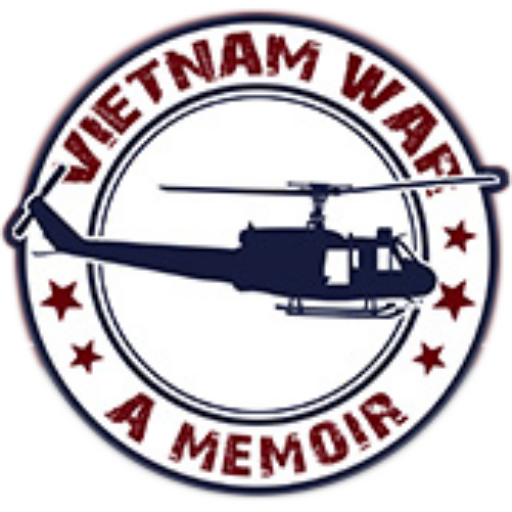Home » History of Vietnam » Research and Personal Stories » The US Marines in Vietnam
The US Marines in Vietnam
This section covers the history of the U.S. Marines in Vietnam. It includes their operations and personal accounts of battles fought, lives lost and victories won. It is difficult to put on paper the feelings of the men who were Marines; they are a different breed, they were Marines.
It is not the critic who counts, not the man who points out how the strong man stumbled, or where the doer of deeds could have done better. The credit belongs to the man who is actually in the arena; whose face is marred by the dust and sweat and blood; who strives valiantly; who errs and comes short again and again; who knows the great enthusiasms, the great devotions and spends himself in a worthy course; who at the best, knows in the end the triumph of high achievement, and who, at worst, if he fails, at least fails while daring greatly; so that his place shall never be with those cold and timid souls who know neither victory or defeat.
– Theodore Roosevelt (Paris Sorbonne, 1910)

History has a strange way of repeating itself. In May 1845, American Marines went ashore from the USS Constitution in an attempt to release a French Catholic missionary from prison. “Old Ironsides” was anchored at Touron Bay, Cochin, China, during her cruise around the world. Touron Bay is known today as “Da Nang.”
Much has happened since that first landing in Vietnam by American Navy men and Marines, over 125 years ago. Following the signing of the Geneva accords, Bedell Smith, representing the American delegation, stated that the United States would not threaten or use force to disturb the accords, and “would view any renewal of aggression in violation of the Agreements with grave concern as seriously threatening international peace and security.”
Enemy troops continued infiltrating from the north. The monsoon rains came, bogging down the mechanized army of the south, but guerrillas don’t need wheels.
As the rains fell heavily, the guerrilla units began strong offensives in every major sector of operations, including the southern deltas, central highlands and the mountainous north.
It was then that the USS Maddox was attacked in international waters by North Vietnamese PT boats, an attack referred to as the Gulf of Tonkin incident.
During a sneak night attack, the VC hit the air base at Pleiku in the central highlands. The American barracks was rocketed; aircraft and helicopters were shredded. Eight Americans were killed; 125 more wounded.
The enemy then struck at Qui Nhon in Central Vietnam. The Americans counted their casualties.
The decision was made. “Land the Marines!” March 8, 1965, began cloudy and windy. There was a pounding surf and a strong offshore wind. Breakers reached 20 feet. The landing was delayed.
Then the small landing craft reached the beach. Ramps ground open and the Marines stormed ashore. They were greeted by a mob of photographers, local officials and Vietnamese schoolgirls. Secretary of State Dean Rusk was asked if Marines would shoot back if fired on “Obviously,” he replied. “That’s the history of the Corps.”
The 3d Bn., Ninth Marines waded ashore 10 miles west of Da Nang. They were part of the Ninth Marine Expeditionary Brigade, commanded by Brigadier General Frederick J. Karch. Once ashore, the Ninth Marines linked up with the 1st Bn., Third Marines which landed by C-130 Hercules transport aircraft later in the day.
A month prior to the arrival of the Marine ground troops, a battery of Marine HAWK missiles was transferred to Vietnam for the defence of the Da Nang Air Base. In support of the grunts, or infantry Marines, came Marine Medium Helicopter Squadron-162 from Okinawa, which would bolster its sister squadron, HMM-163. Marine Observation Squadron-2 landed the following day. The Marines surrounded the air base, weapons at the ready. Some moved atop Hill 327 that dominated numerous approaches to the air base. To many, it was “just another landing”. Not a single shot was fired; not a casualty was suffered. The lack of pain and bloodshed would not be absent for long; sea breezes along the South China Sea would soon carry the smell of gunpowder, echoes of shells firing and blood would spill on both sides. But for now, at least, it was just another landing. It was “move out…spread out, hurry up and wait”. It was hot. Throats were dry, backs wet with sweat and feet soaked from flooded rice paddies. Units moved to establish a perimeter defence around the Da Nang Air Base and helicopter landing zones. They were on Hill 327 and Monkey Mountain. The Marines had landed!

